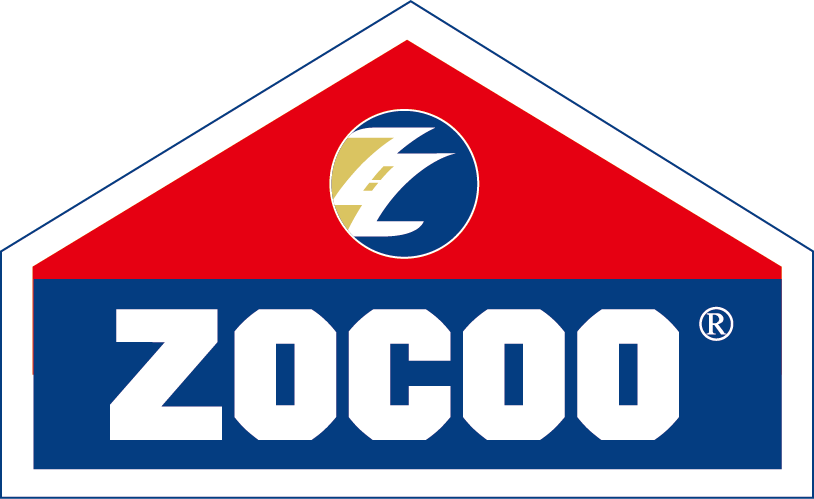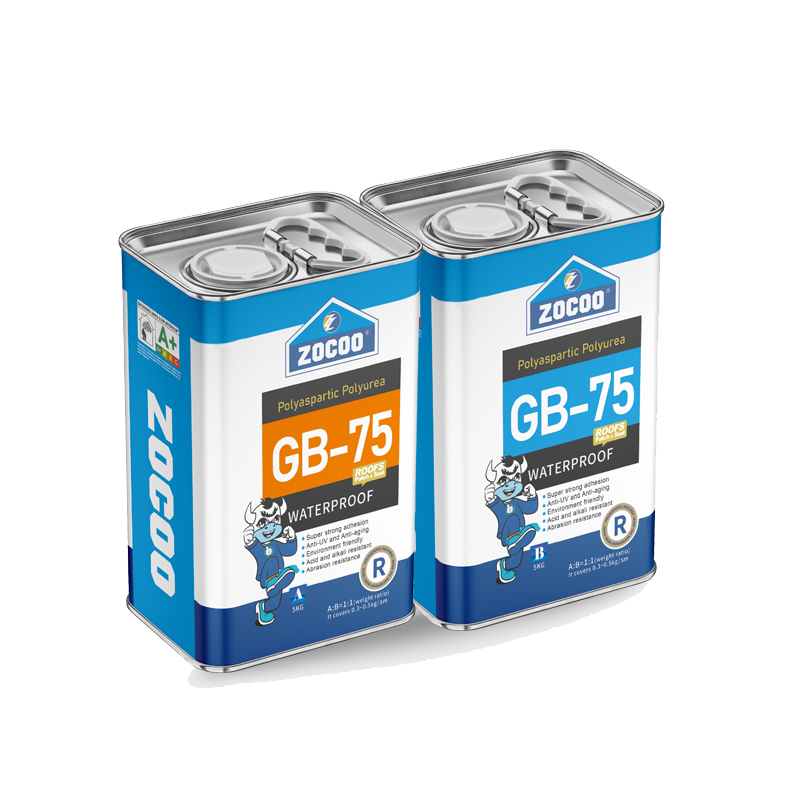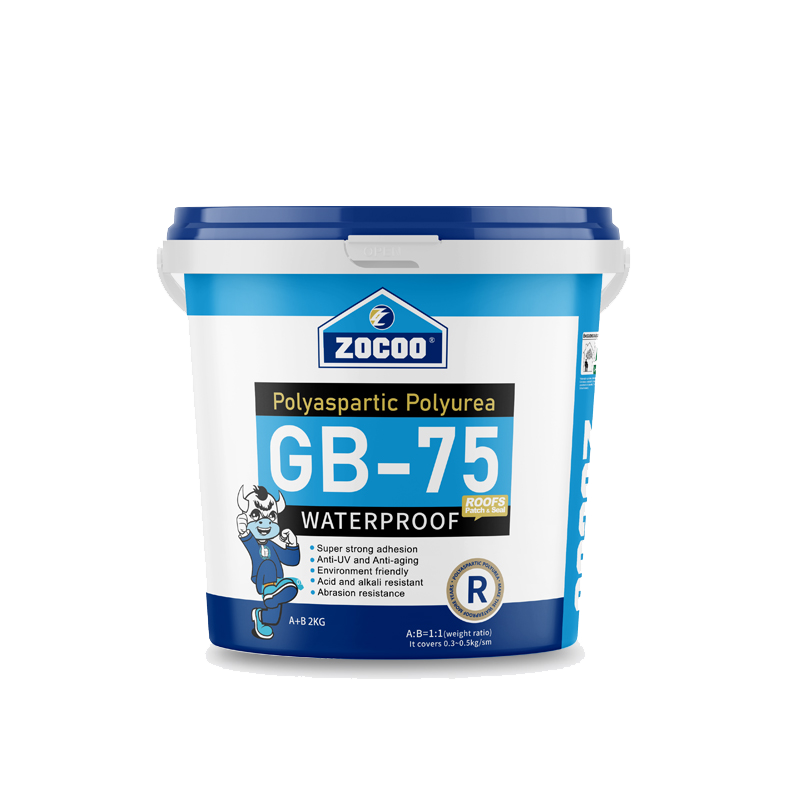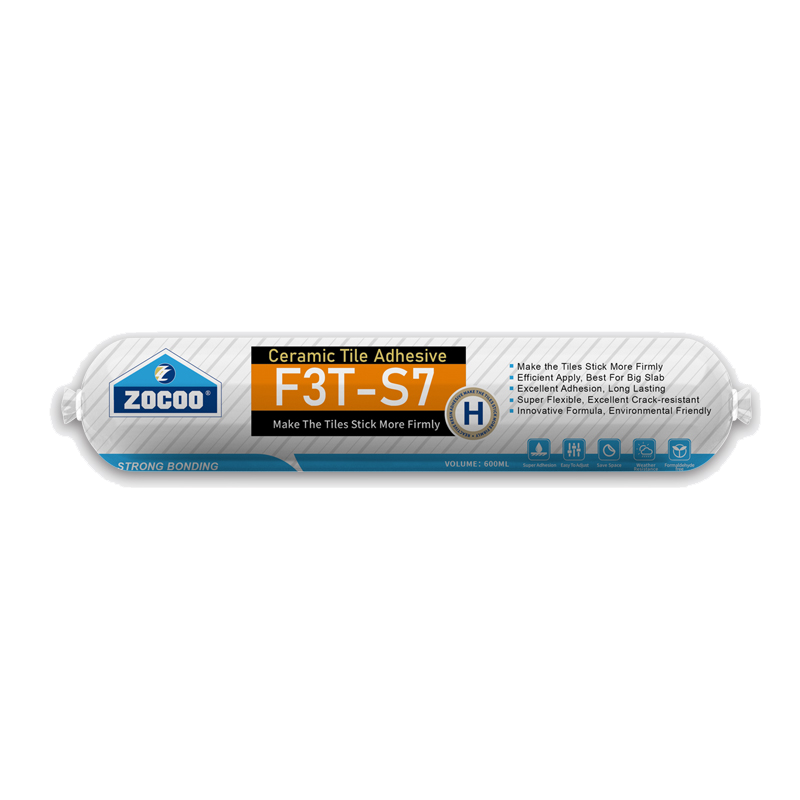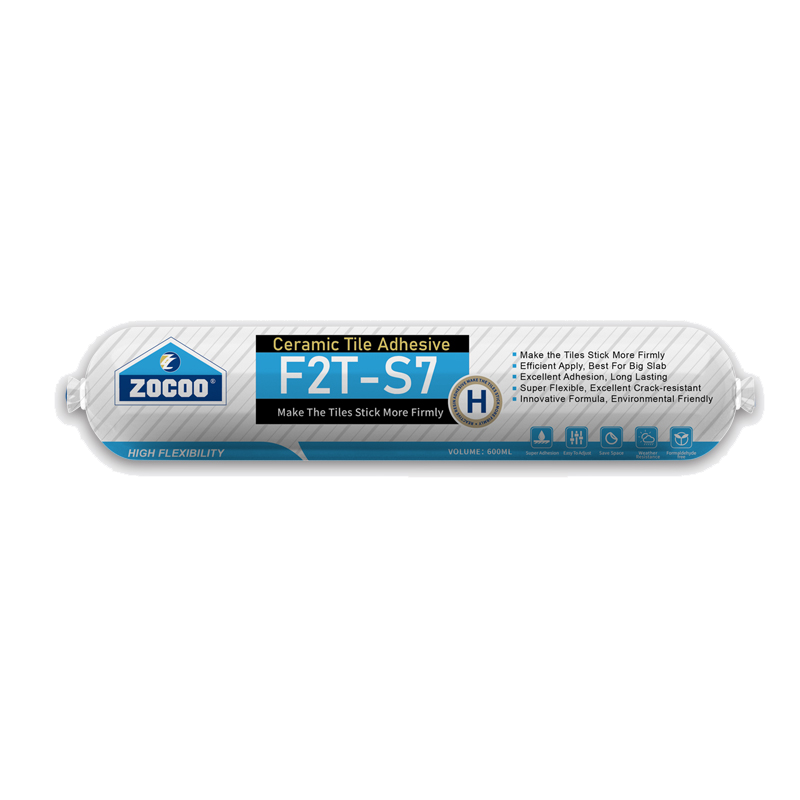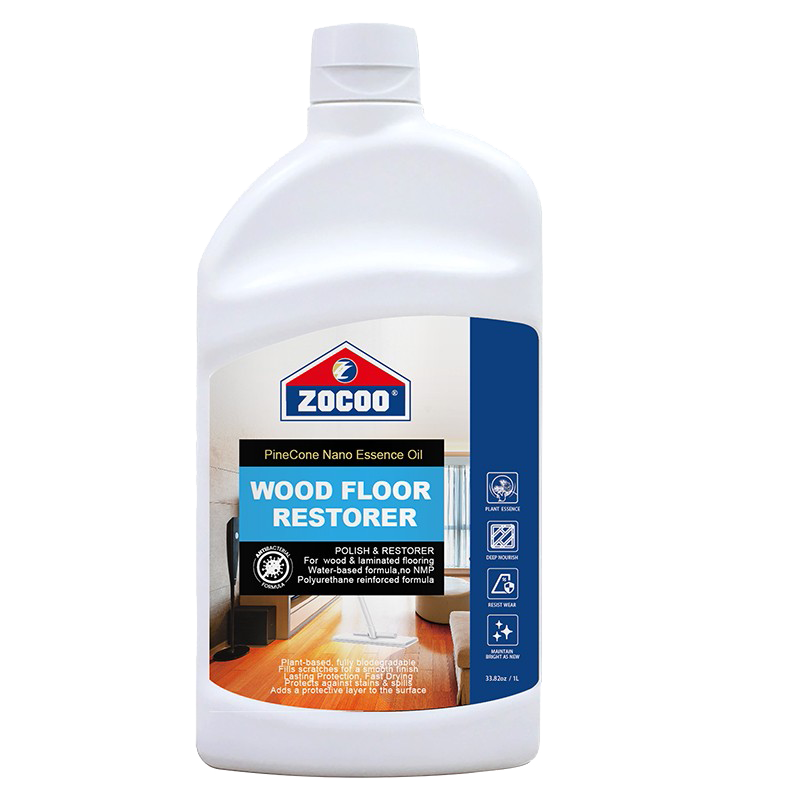Differences Between Polyurea Grout and Epoxy Grout
author:admin 2025-02-27
When choosing the right grout for tile joints, it’s very important to know the differences between polyurea grout and epoxy grout. Yes, they both offer superior performance compared to traditional cement-based grouts, but they differ in several key aspects:
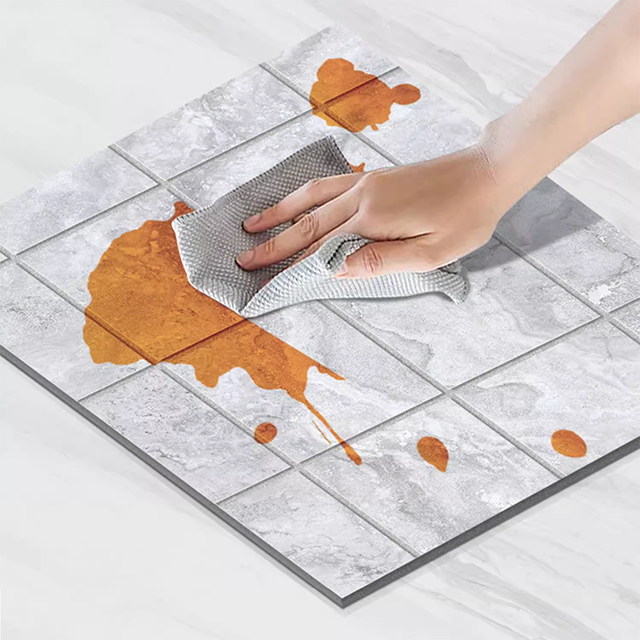
1. Composition
Polyurea Grout: It is a high-performance polymer material that is non-solvent.It is derived from polyaspartic acid, a type of amino acid, which reacts with isocyanates to form polyurea compounds. It has a unique chemical structure that allows it to cure quickly and form a flexible, durable seal.
Epoxy Grout: It is epoxy resin and hardner to react to form a rigid and durable bond. It is a type of thermosetting resin, meaning once it cures, it cannot be remelted or reformed.
2. Curing Time
Polyurea Grout: Fast curing time. It typically sets within minutes, making it ideal for projects that require a quick turnaround. Luckily, ZOCOO polyurea grout have been improved the formula to enlonger the curing time to 30 minutes for easy application. Anyway, polyurea grout has a faster curing time which can save labour time of application.
Epoxy Grout: It also sets relatively quickly, but it usually takes longer than polyurea grout. It can take several hours to cure fully, which may require additional time to complete the application.
3. Flexibility vs. Rigidity
Polyurea Grout: It is highly flexible, which makes it resistant to cracking. It is ideal for areas that experience temperature fluctuations, as well as commercial settings.
Epoxy Grout: It is more rigid and less flexible than polyurea grout. While it provides a hard, durable surface, it can be more prone to cracking under pressure or movement.
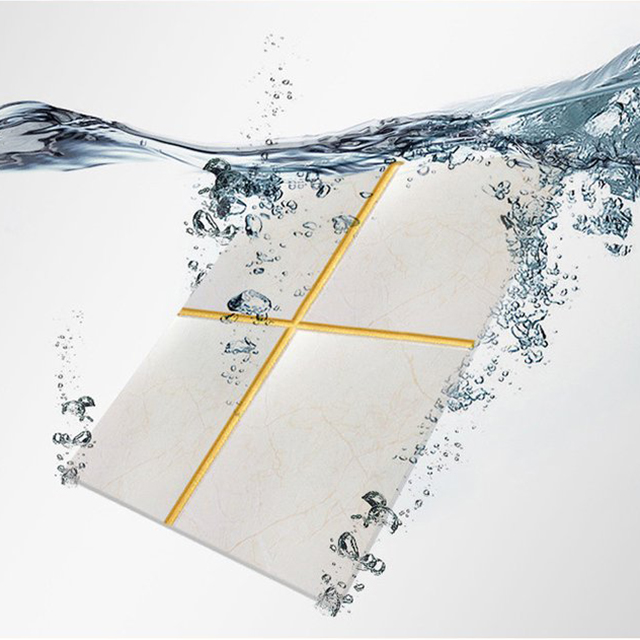
4. Durability
Polyurea Grout: It is known for its high durability, resistance to UV damage, and ability to withstand harsh chemicals and moisture. It is highly suitable for high-traffic areas or industrial applications where resilience is essential.
Epoxy Grout: It is also highly durable, offering excellent resistance to stains, chemicals, and water. However, it is not as UV-resistant as polyurea and may discolor or degrade under prolonged exposure to sunlight. For example, the epoxy grout white color might be discolor to yellowing after 3 months in direct sunlight.
5. Adhesion
Polyurea Grout: It’s has the strongest adhesion, adter grouting, if you broken the joints, the tiles are broken, but the polyurea grout stays well.
Epoxy Grout: it’s has less adhesion than polyurea grout. After long time, the solvents in the product might volatilize, causing the cured grout to shrink .
6. Color
Polyurea Grout: It is available in a wide variety of colors and finishes, making it a flexible choice for design-conscious applications. You can customize the color same as your tiles. The colors are very elegant with gloss or matte finish.
Epoxy Grout: It also offers a variety of colors and is known for producing a smooth, shiny finish. It provides a more professional, high-gloss look.
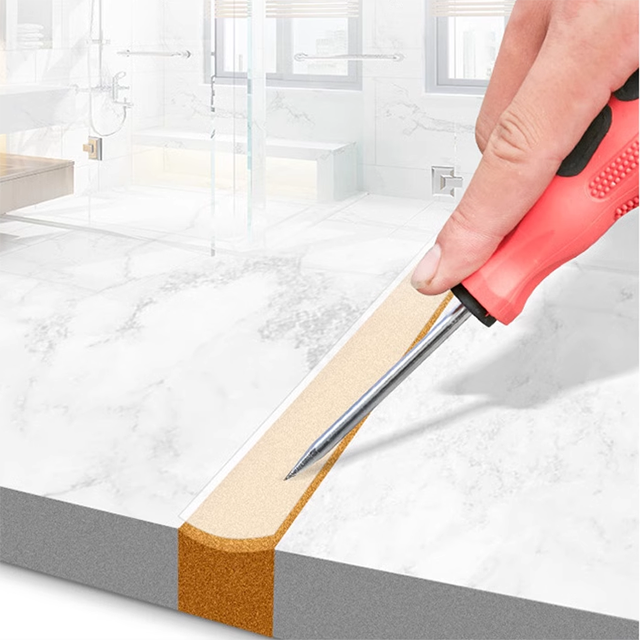
7. Finish
Polyurea Grout: It does not contain solvents and does not release volatile substances, so it can create a smooth joint effect. If you want to have a super flat joints effect, there is no joints gap between grout and tiles, the polyurea grout is the only choose.
Epoxy Grout: It contains solvents, which volatilize and result in a sunken surface appearance.
8. Cost
Polyurea Grout: it is generally more expensive due to its advanced chemical properties. However, its durability and versatility can make it a cost-effective solution in the long run, especially for high-traffic or commercial areas.
Epoxy Grout: it is much cheaper than polyurea grout, but its more rigid nature and the need for careful application can sometimes make it less ideal for certain projects.
9. Applications
Polyurea Grout: Ideal for high-traffic areas, industrial settings, and spaces that are exposed to chemicals, UV rays, or temperature fluctuations.
Epoxy Grout: Best for areas that require a strong, durable bond with minimal movement, such as kitchens, bathrooms, and less sunlight spaces.

Conclusion:
In summary, both polyurea grout and epoxy grout offer outstanding performance, but the choice depends on the specific needs of your project. Polyurea grout is favored for its fast curing, adhesion, flexibility, and UV resistance. On the other hand, epoxy grout provides a rigid, durable bond ideal for areas requiring a smooth finish and resistance to stains, chemicals.
When selecting between the two, consider factors like curing time, flexibility,adhesion, durability, and the environment where the grout will be applied to ensure you get the best product for your needs.
